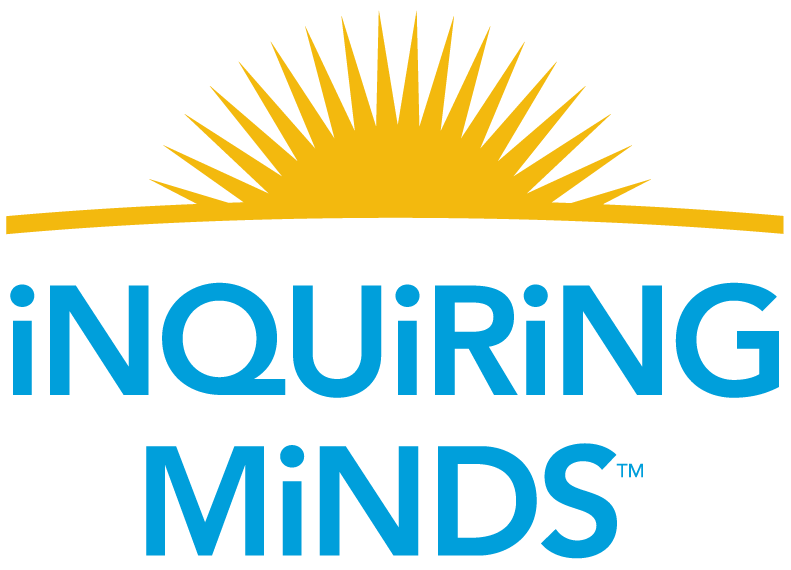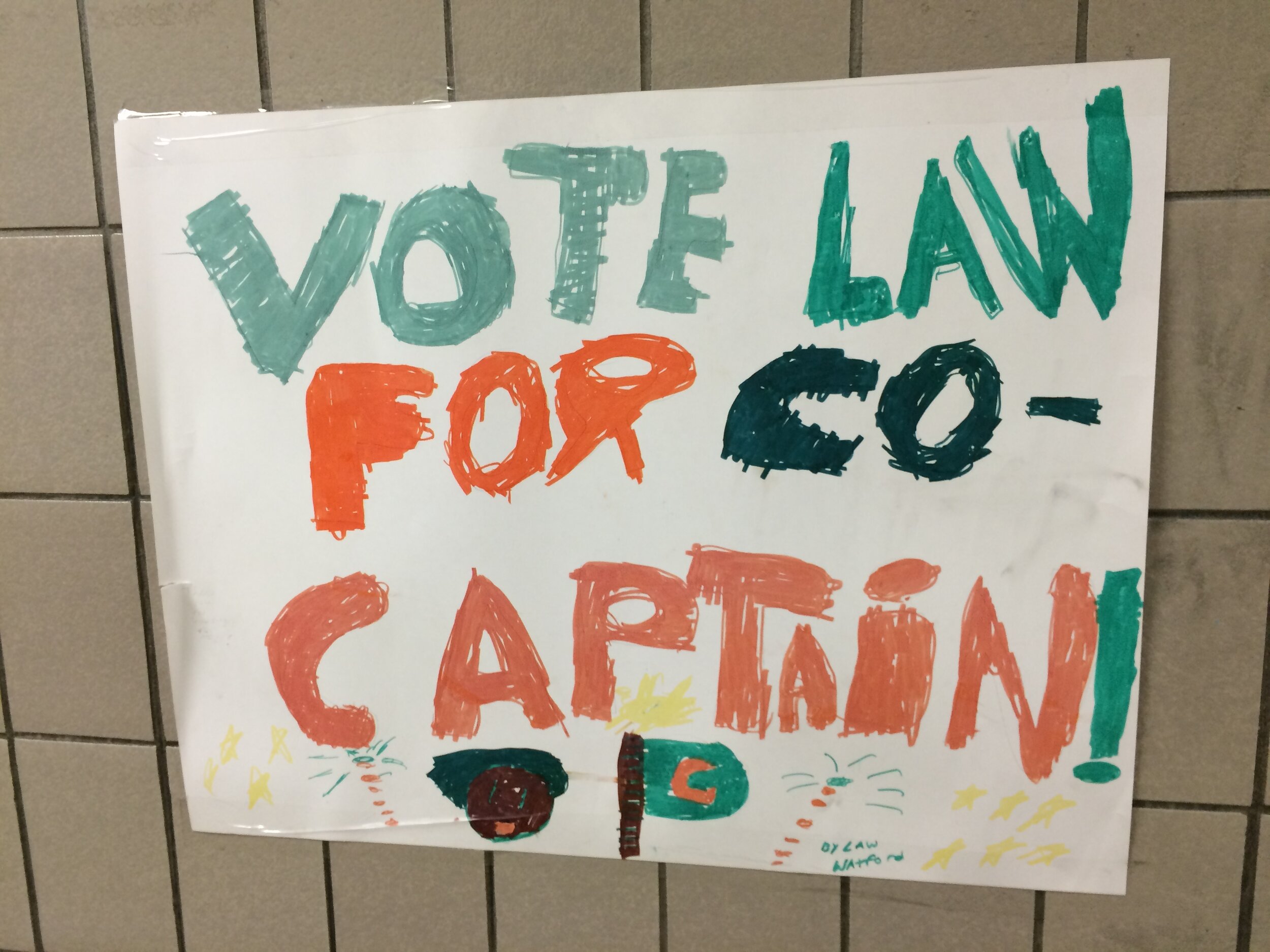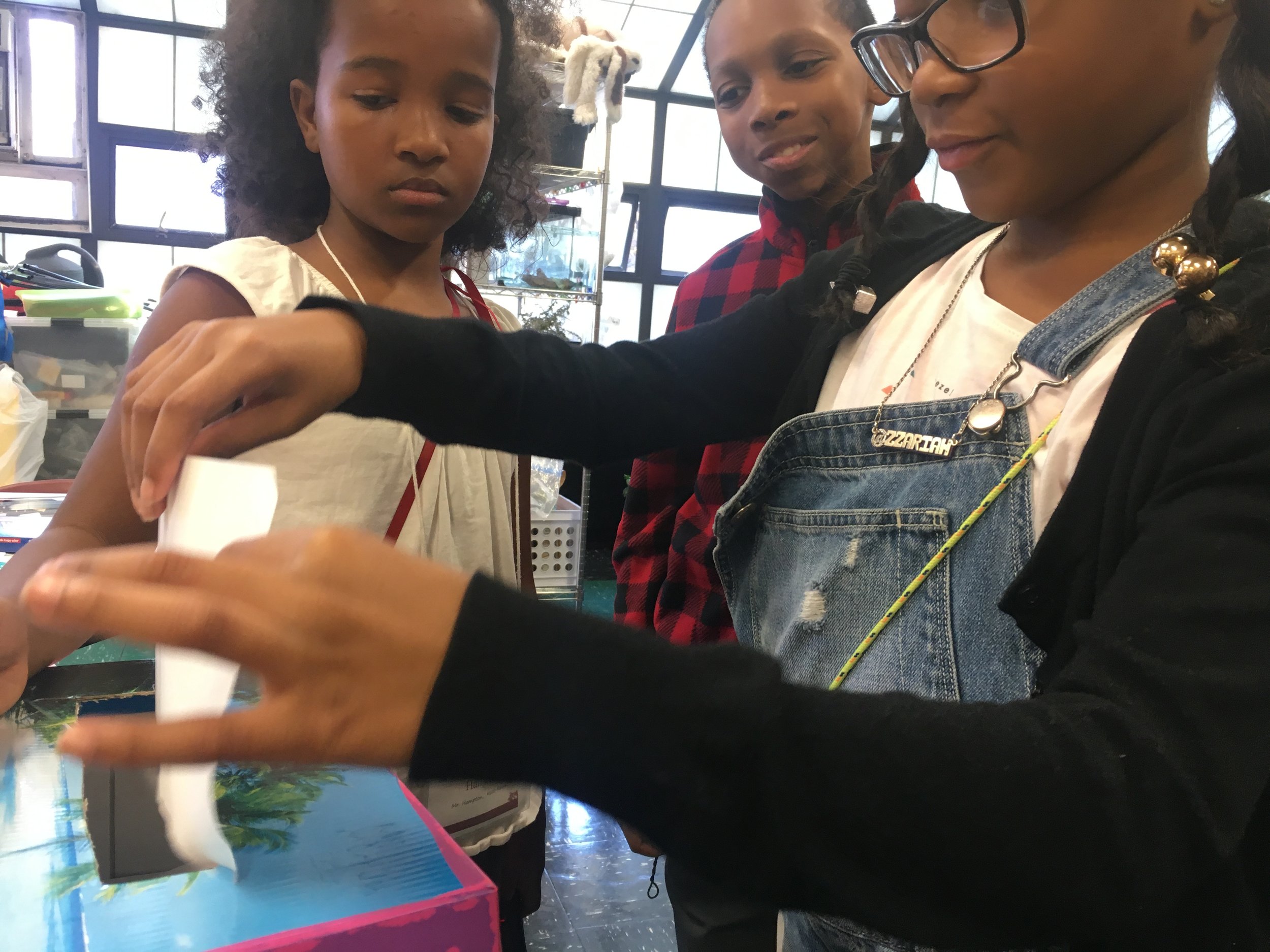Our theory: Every child has a civic heart
Our American democracy makes a bold promise: That each of us (regardless of our legal status) has inalienable rights – to pursue liberty, happiness and justice – for ourselves and our communities. When these 3 intertwined tenets (and the according responsibilities) are embraced by every citizen in every community, we build a robust democracy. Our future depends on children developing this mindset.
Start with the youngest of citizens
Young children are endlessly inquisitive and eager to make individual choices. The drive to be seen and heard starts at the moment of birth: Autonomy and self determination are the drivers for acquiring and using knowledge.
Children who are clearly aware about the important roles they play in a collective, inclusive society, are able to question, problem solve and speak their truth – those are the children who are most apt to develop as active, engaged and effective citizens.
When kids learn at a young age to take into consideration not just their own needs, but the needs of the community, everyone thrives.
Kids are the future. Scroll down for more.
Examples of kids being good citizens in their school: Kids Council elected officials ask all students during assembly about their concerns; Kids present their research findings about the cafeteria to the PTA; Kids teach each other to mediate and become Peacekeepers; Kids vote for the Rising Star Award which the students largely organized and promoted. Only kids could vote.
Many 9 year olds take on leadership roles gladly, running for office with the goal of helping to improve the school. 10 year old Law (Watford) ran and won the role of co-captain of Kids’ Council in 5th grade.
Our theory in the Oregon Journal of the Social Studies
Our theory in the Oregon Journal of the Social Studies
All our work is inquiry-based
Inquiry facilitates learning and the generation of new knowledge, enriching a child’s connection to the world in infinite ways. Inquiry is the discipline and procss of thinking we use in our work, which is also at the center of the Educating for American Democracy Roadmap and the C3 Framework.
Our work starts with the premise that learning through inquiry encourages children to start becoming self-reliant, engaged, mindful, innovative and cooperative democratic citizens. The process of inquiry is the flashlight we can all use to stay on the path. Our work evolved by working directly with children, listening to and understanding them.
Children can be critical thinkers doers
We encourage schools to recognize how they (meaning the entire school community, especially the students) may improve and support their school communities (and beyond). Children develop their voices, shape opinions, and mature, when they are aware that others are paying attention. They see that good, authentic behavior makes a difference in how they are perceived. This foundation helps them build self-confidence and character.
Our theory is put into practice by partnering with schools
Cookie cutter solutions won’t work with our theory. We form a unique and inclusive collaboration within a school community (students, parents, educators, administrators) which leads to strong bonds and advances for the individuals and the community. When we all are in alignment with the school community, the path becomes clear and positive change endures.
The process is as essential as the outcome.
3rd graders explain extreme weather on their Learning Wall.
At Brooklyn's P.S. 20: The Clinton Hill School an awesome class of fifth graders tell/explore/analyze stories facilitated by their teacher Ms. Dixon.
Learning Walls are created in collaboration with Inquiring Minds Institute.
Tihun, captain of PeaceKeepers, talks about how this student-led program developed at her school.
At Brooklyn's P.S. 20: The Clinton Hill School an awesome class of fifth graders tell/explore/analyze stories facilitated by their teacher Ms. Dixon.
Learning Walls are created in collaboration with Inquiring Minds Institute.

“Democracy has to be born anew every generation, and education is the midwife.”
— John Dewey, American Educator.
PS 20 KIds' Council members and Principal Barbera and DK Holland from Inquiring Minds left rear) met with NYC City Council's Majority Leader Laurie Cumbo (center) at City Hall to understand our city government.
KidCivics videos - Cooperative Dialogues
Kids aged 10-18 develop a dialogue that probes a subject of civic interest and deeper thinking using Socratic questions. Videos are made on Zoom. Subjects range from fake news to thoughts on love and happiness. They develop tips and resources to accompany each video. The entire portfolio is here.
Kids analyze and discuss the phrase ‘good global citizen’ and debate whether it is even possible to be a global citizen.
Kids’ Council meeting with the principal’s in her office during lunch. Note the orange rubber chicken in the girl’s hand. That’s their talking stick passed around to the child who wants to address the Council.
Kids’ Council
Children in 4th and 5th grade run for office, are chosen by their peers in a official election. The Council discusses and act on issues of importance to their constituents.
They use a Learning Wall to organize their ideas which range from challenging the homework rule to starting a co-op store in their school.
They confer with their constituents, conduct surveys and hold elections and report back their progress to their class in an open dialogue regularly. More on Kids’ Council here.











